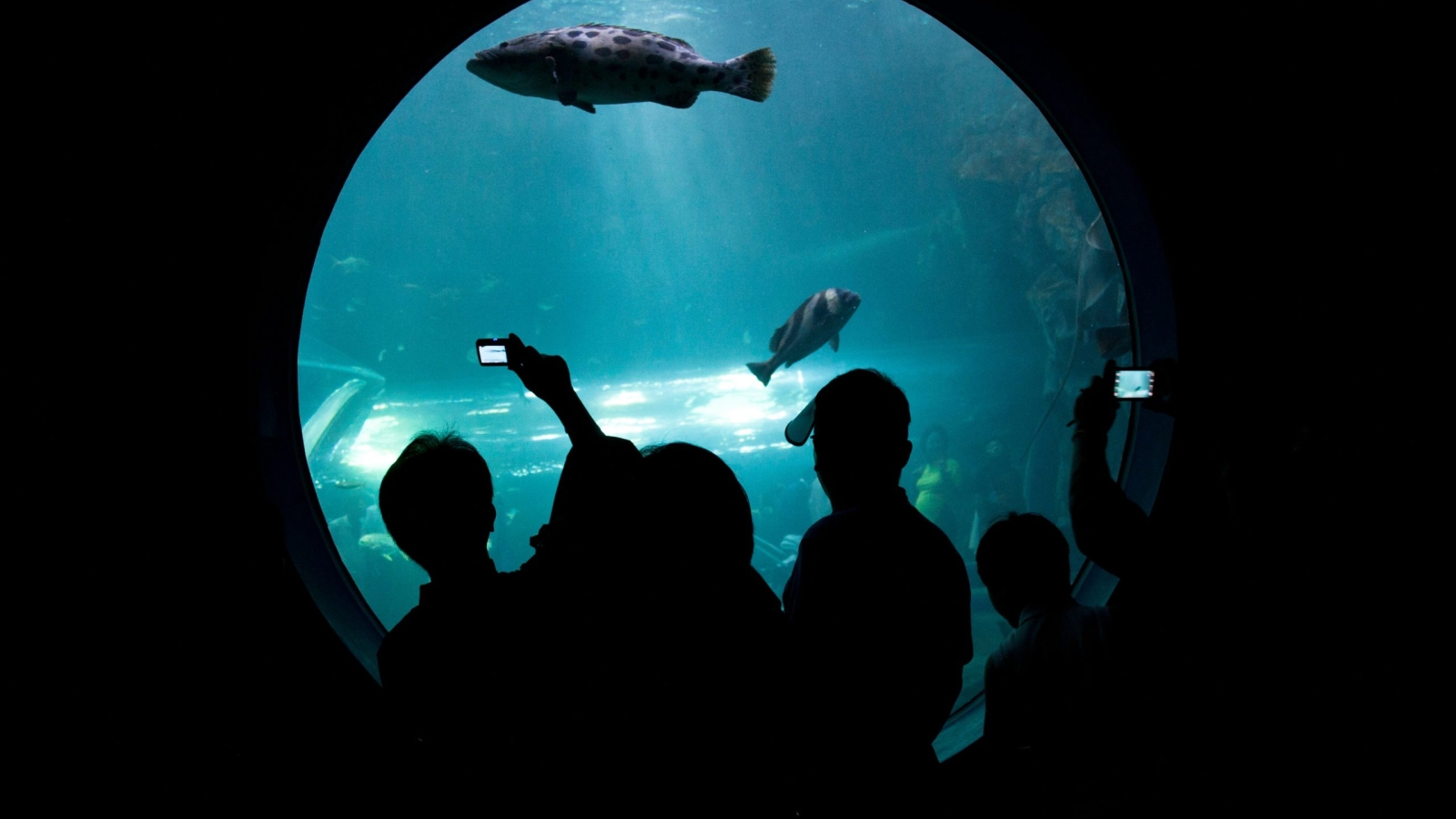Field trips are a cornerstone of educational experiences, providing a hands-on approach to learning that goes beyond the classroom. When it comes to marine life, a field trip can transform abstract concepts into tangible experiences, fostering a deep appreciation and understanding of our oceans and the incredible organisms that inhabit them. Here’s a look at what kids can learn about marine life during a field trip.
1. Biodiversity of Marine Ecosystems
Marine environments, whether it’s the open ocean, a coastal tide pool, or an estuary, are incredibly diverse. On a field trip to an aquarium or a coastal site, kids can learn about the vast array of species that make up marine ecosystems. They’ll observe fish, mollusks, crustaceans, corals, and marine mammals, understanding how each organism plays a role in the ecosystem’s health and balance.
2. Adaptations and Survival
Marine organisms have unique adaptations that allow them to survive in their specific environments. Kids can learn about these fascinating adaptations, such as the bioluminescence of deep-sea creatures, the camouflage of octopuses, and the specialized teeth of sharks. Seeing these adaptations firsthand helps students appreciate the complexity and ingenuity of nature.
3. Marine Food Webs and Interdependence
Understanding food webs and the interdependence of organisms is a key concept in ecology. Field trips to marine environments illustrate these relationships clearly. Kids can learn how plankton forms the base of the marine food web, supporting everything from small fish to the largest whales. They’ll see predator-prey relationships and the delicate balance required to maintain healthy ecosystems.
4. Human Impact on Marine Life
Field trips provide an opportunity to discuss the impact of human activities on marine environments. Kids can learn about pollution, overfishing, and habitat destruction, as well as conservation efforts and sustainable practices. Visiting beaches with visible litter or learning about coral bleaching at an aquarium can make these issues real and urgent, inspiring a sense of responsibility and stewardship.
5. Marine Conservation and Research
Engaging with marine biologists or visiting research centers can highlight the efforts being made to protect marine life. Kids can learn about conservation projects, such as coral reef restoration, marine protected areas, and the rehabilitation of injured marine animals. Understanding these efforts encourages students to think about how they can contribute to the protection of marine environments.
6. Geological and Physical Oceanography
Marine life is deeply influenced by the physical and geological characteristics of the ocean. Field trips can include lessons on tides, waves, and currents, as well as the geological features of the ocean floor. Kids can explore tide pools, learn about the formation of coastal features, and understand how ocean dynamics affect marine organisms.
7. Climate Change and Ocean Health
Climate change is a pressing issue that significantly impacts the oceans. Field trips can help kids understand how rising temperatures, ocean acidification, and sea level rise affect marine life. Seeing the effects of climate change firsthand, such as bleached corals or shrinking habitats, can deepen their understanding and commitment to addressing these challenges.
8. Hands-On Science and Observation
Field trips often involve hands-on activities that reinforce scientific concepts. Kids might collect water samples to test for salinity and pH, observe marine organisms in their natural habitats, or participate in beach cleanups. These activities teach scientific observation and data collection skills, making learning interactive and memorable.
9. Engagement and Curiosity
Above all, field trips make learning about marine life engaging and exciting. The experience of seeing a giant sea turtle, touching a starfish, or watching a dolphin leap out of the water can spark a lifelong interest in marine biology and conservation. These memorable experiences encourage curiosity and a love for the natural world.
Conclusion
Field trips to explore marine life are more than just a break from routine; they are immersive educational experiences that bring the wonders of the ocean to life. By stepping outside the classroom and into the marine world, children can experience the beauty and complexity of marine ecosystems in a way that textbooks alone cannot provide. The next time your child goes on a marine life field trip, know that they are not just having fun—they are gaining invaluable knowledge and a deeper appreciation for the oceans that will stay with them for a lifetime.


Leave A Comment